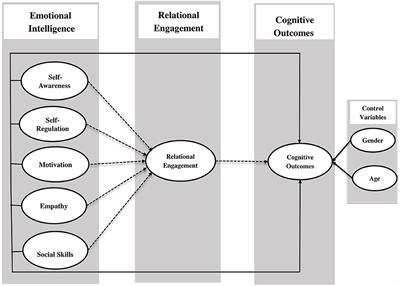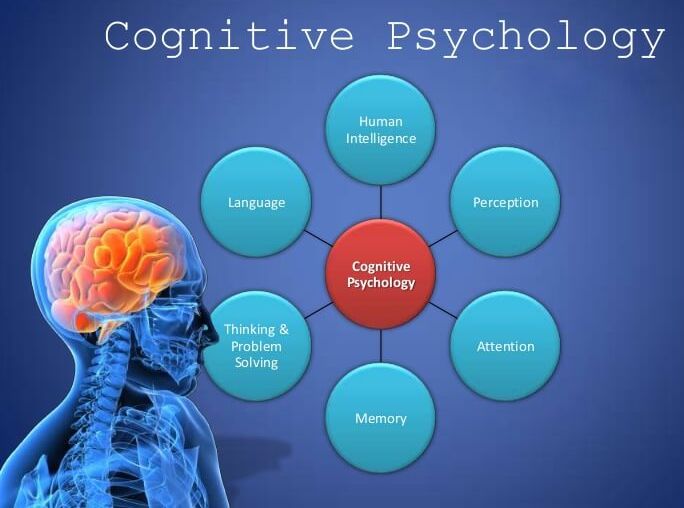Cognitive science is a interdisciplinary field that studies the mental processes involved in perception, attention, learning, problem solving, memory, language, and decision making. It encompasses a wide range of research topics, including psychology, neuroscience, linguistics, philosophy, computer science, and anthropology.
One of the key research areas in cognitive science is the study of attention. Attention is the mental process that allows us to focus on certain stimuli while ignoring others. Researchers in this field seek to understand how attention works, how it is controlled, and how it can be influenced. They also study the various factors that can affect attention, such as fatigue, stress, and distractions.
Another important research topic in cognitive science is memory. Memory is the mental process that allows us to store and retrieve information. Researchers in this field seek to understand how memory works, how it is encoded and retrieved, and how it can be improved. They also study the various types of memory, including short-term, long-term, and working memory, and the factors that can affect them.
Language is another important research area in cognitive science. Language is a complex mental process that allows us to communicate with others through the use of words and sentences. Researchers in this field seek to understand how language is processed in the brain, how it is acquired, and how it is used in communication. They also study the various factors that can influence language development, such as culture, education, and environment.
Problem solving is another key research topic in cognitive science. Problem solving is the mental process of finding a solution to a problem or task. Researchers in this field seek to understand how problem solving works, how it is influenced by various factors, and how it can be improved. They also study the various types of problem solving, such as deductive, inductive, and creative problem solving, and the factors that can affect them.
Another important research area in cognitive science is decision making. Decision making is the mental process of choosing between different options or alternatives. Researchers in this field seek to understand how decision making works, how it is influenced by various factors, and how it can be improved. They also study the various types of decision making, such as rational, intuitive, and emotional decision making, and the factors that can affect them.
Overall, cognitive science is a diverse and fascinating field that encompasses a wide range of research topics related to the mental processes involved in perception, attention, learning, problem solving, memory, language, and decision making. By studying these topics, researchers in cognitive science hope to better understand how the human mind works and how it can be improved.







